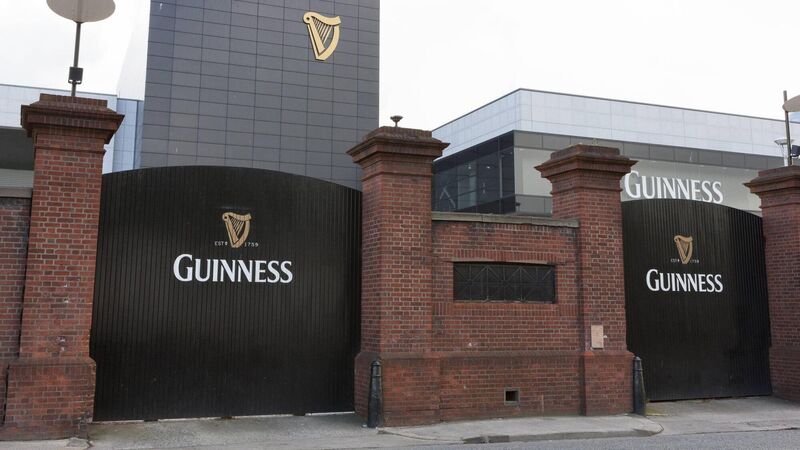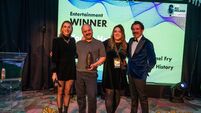Podcast Corner: Taking a sip of the capital's history

Turtle Bunbury presents an eight-part series on the story of Guinness. Picture: iStock
An eight-part series hosted by historian Turtle Bunbury, this is the first podcast series from the Guinness Storehouse.







